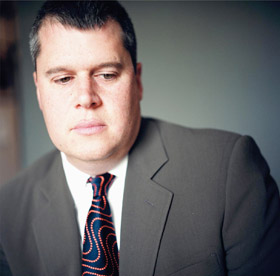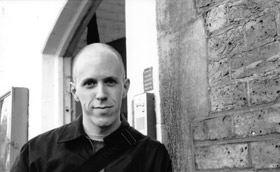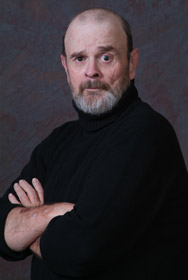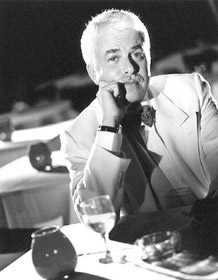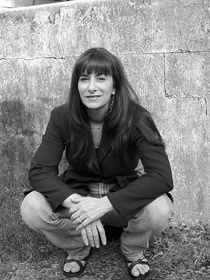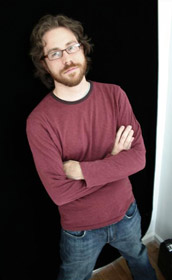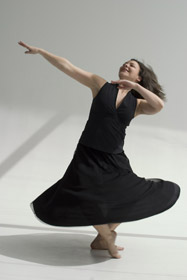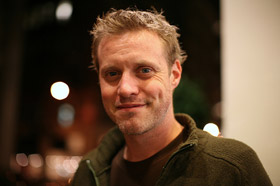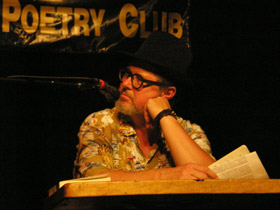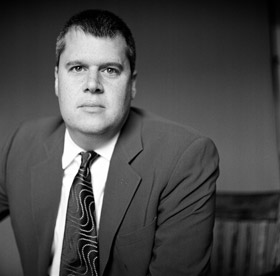 Welcome to the second half of this two-part interview with writer Daniel Handler. If you haven’t already read Part One, be sure to check it out to hear about making the switch from poetry to prose and why Handler loves it when things are going badly.
Welcome to the second half of this two-part interview with writer Daniel Handler. If you haven’t already read Part One, be sure to check it out to hear about making the switch from poetry to prose and why Handler loves it when things are going badly.
The plot for A Series of Unfortunate Events is incredibly rich. How did you approach plotting the series and how much of the plot was worked out before the first book was published?
Some of it was planned. And then more and more of it was planned the more I wrote. I’m a big outliner and note-taker, so I had a bunch of things [worked out in advance], but I also left myself room to improvise. I didn’t want A Series of Unfortunate Events to feel like a coloring book that I had to fill in for the next few years.
So I would think, “Well, the twelfth book is going to take place in a hotel, and it’s going to have this kind of revelation and this kind of action,” and then I would say, “Okay, that’s enough that you know. That’s five books ahead or four books ahead.” Every so often I would make a note of something specific that I wanted to put there. But I tried to discipline myself to be undisciplined. I wanted to get there and feel like there were all these vistas to explore, and not that it was a specific path that I’d already assigned myself.
Reading the last book in the series, which deals in part with the trade-offs between security and personal freedom, I wondered if what’s been going on in the real world was informing that?
Well, I would think it would have to…. But then also, while I was writing the books I went from my late twenties to my mid-thirties, and I got married and had a kid. And I think all that also makes you think of the world in different terms, and it’s impossible to separate that from what’s happening in the world…. You have a baby, and then you have this delicate creature and you spend at least the first year of their life sort of brainstorming about things in your home and things around town that can harm this child, even if you’re not a particularly paranoid parent, which I don’t think I am. And that’s most certainly going to color any work you do, no matter what work is….
It wasn’t as if I was shrieking about it, but I would just often think, “OK there’s a vase there, and we’re in the house of an uptight person, and that vase definitely can’t break, so what is the strategy there?” And certainly, I didn’t think that when I was twenty-two and I walked into the room. I basically thought, “Where’s the gin?”
